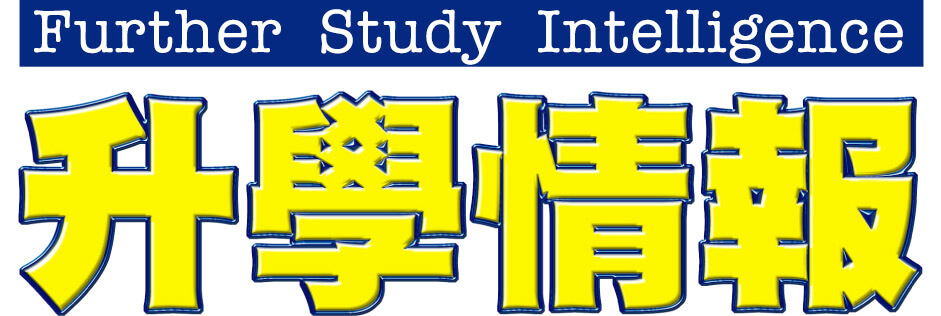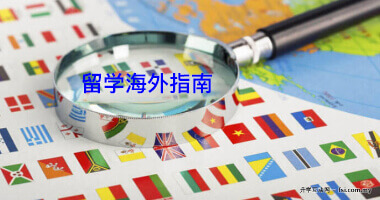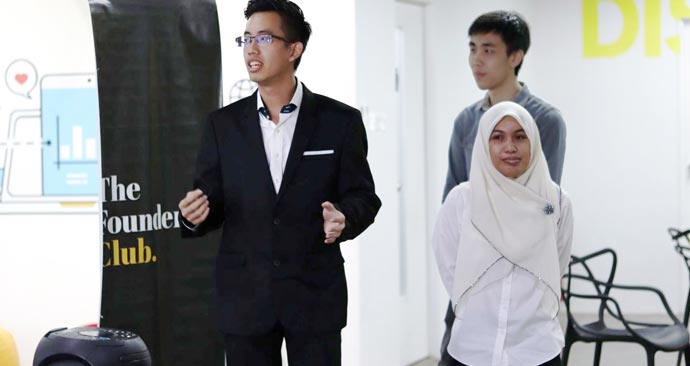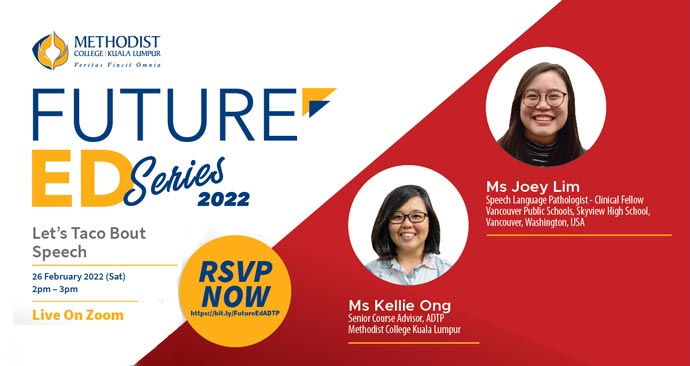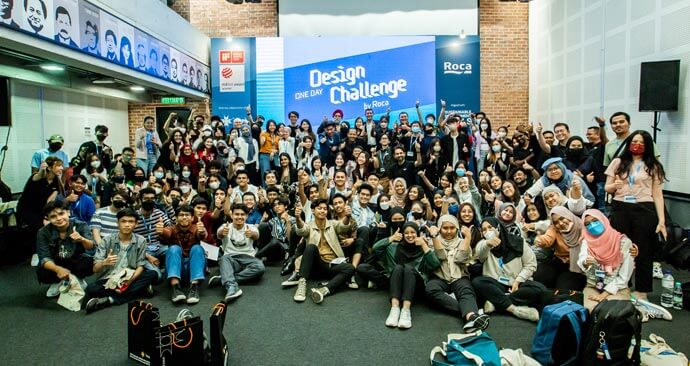UTAR Lee Kong Chian Faculty of Engineering and Science (LKC FES) Biomedical Engineering student Wingates Voon emerged as the Champion at the Grand Finale of 2nd IEEE Five Minutes Final Year Project (5MFYP) Competition 2021.
Voon walked away with RM1,000 cash prize and award certificate. His award-winning project, which was also his final year project (FYP), was titled “Invasive ductal carcinoma grading with histopathological images using deep learning”.
The competition was held virtually by IEEE Young Professionals Malaysia in collaboration with IEEE Power and Energy Society (PES) Malaysia Chapter. The shortlisted participants were invited to compete LIVE (virtually) at the Grand Finale which was held on 18 December 2021 via Facebook and YouTube.
Four grooming workshops titled “Importance and Opportunities in Science Communication”, “Tips and Tricks in delivering an effective presentation”, “Tips and Tricks to tackle 5MFYP” and “Break-out sessions with 5MFYP trainers for coaching sessions” were also held in conjunction with the 2nd IEEE 5MFYP 2021 competition.
The competition was opened to all 2021 final year students and to those who have recently completed their studies in 2021. It was also a must for the students to be registered at any Malaysian government or private institution of higher learning.

Voon presenting his FYP at 2nd IEEE 5MFYP 2021.
According to Voon, breast cancer is the most common type of cancer in Malaysia as one in four women will likely develop breast cancer. He explained that the process of determining the breast cancer grade is time consuming, complex, inconsistent and subjective as different doctors have different opinions. As a result, these problems may lead to poor cancer treatment. In an attempt to overcome these problems, Voon’s research was dedicated to automated breast cancer grading using histopathological images with deep learning.
Voon explained, “This disease happens when the breast tissue cells grow and mutate out of control. To detect breast cancer, the doctor will extract the tissue via biopsy. The pathologist will determine the breast cancer grade if cancerous cells are detected. Once the breast cancer grade is known, the doctor can determine the most suitable treatment plan for the patients. Deep learning is a type of machine learning inspired by the structure of the human brain. The system consists of millions of artificial neurons, connecting to form a network that can learn and predict tasks just like a human being. This system holds great promise. First, it can grade breast cancer more accurately and consistently. Second, it can simplify the breast cancer grading process. Most importantly, the doctor can determine the right treatment plan, faster and more precisely, giving breast cancer victims a greater chance to survive.”
He further explained, “My research can benefit society, especially in the medical imaging field, by providing a small portion of findings and insights that can fill in the knowledge gap in the area. It can encourage more engineers and researchers to pay more attention to the medical imaging field as this research helps save human lives. Besides that, the research also provides breast cancer patients with more hope by encouraging them to survive with early treatment. There is still hope to recover from breast cancer if the patients receive the treatment earlier. Although the automated breast cancer grading system is limited, at least there is advancement in breast cancer diagnosis that can improve patients’ prognosis.”
Feeling grateful for the win, he elucidated, “I would like to express my appreciation to my FYP supervisor, Assoc Prof Ir Ts Dr Hum Yan Chai for recommending and encouraging me to join this competition. I also would like to thank my parents for fully supporting me throughout the preparation period. This reward holds great value to me as it is also a recognition of my research and presentation skills. Additionally, this award provides more confidence to me in my future work.”
Voon encouraged his juniors to be passionate in their research. He said, “Be passionate in your research and do not give up easily. The final result will always be worth it. It does not matter if your research findings are insignificant, they can still benefit the scientific community by filling in the knowledge gap. Once the research title is selected, put all your heart and effort into it because no one else will.”

The Certificate of Champion given to Voon.
